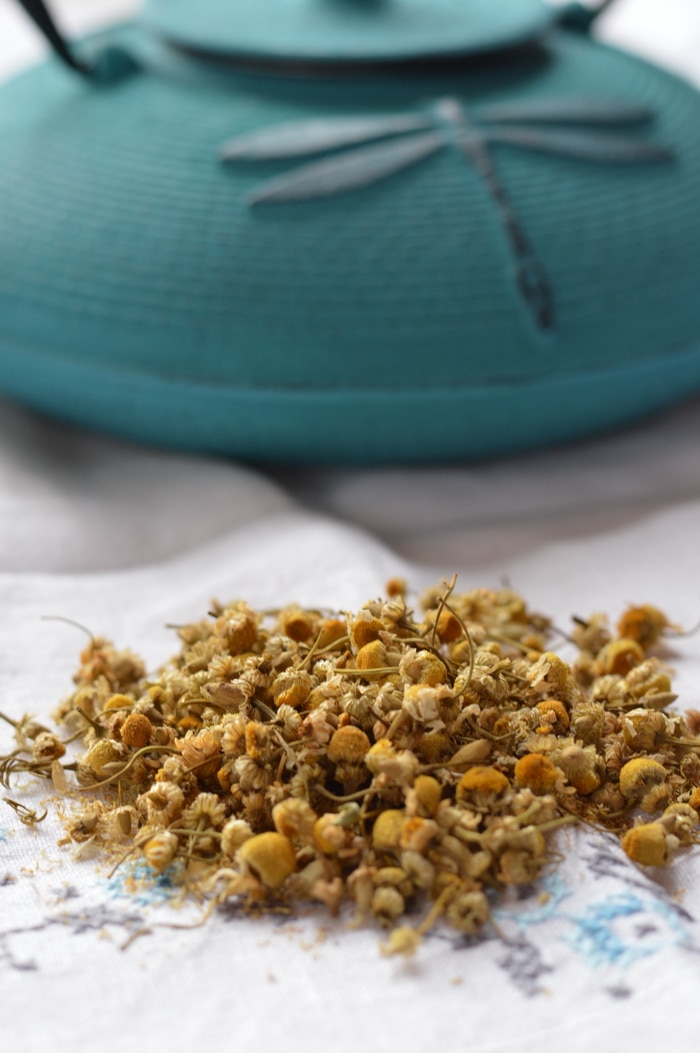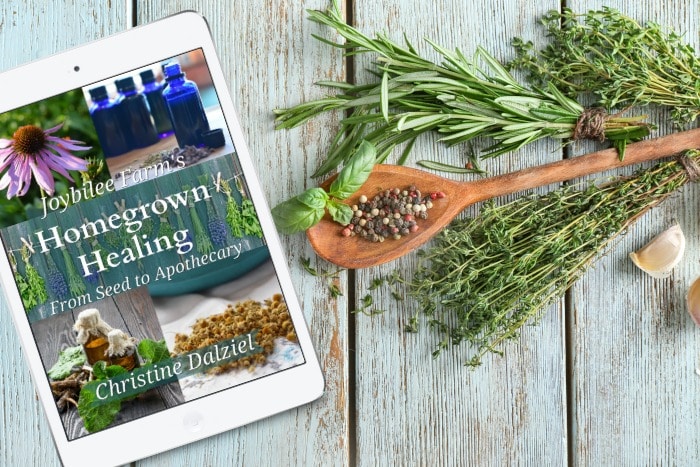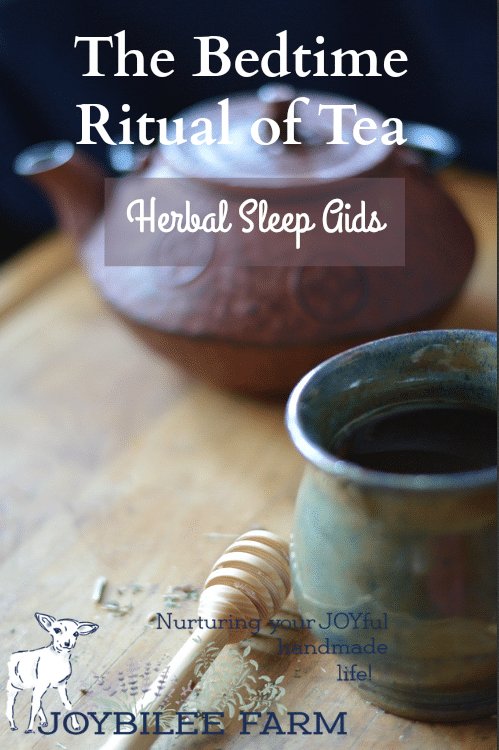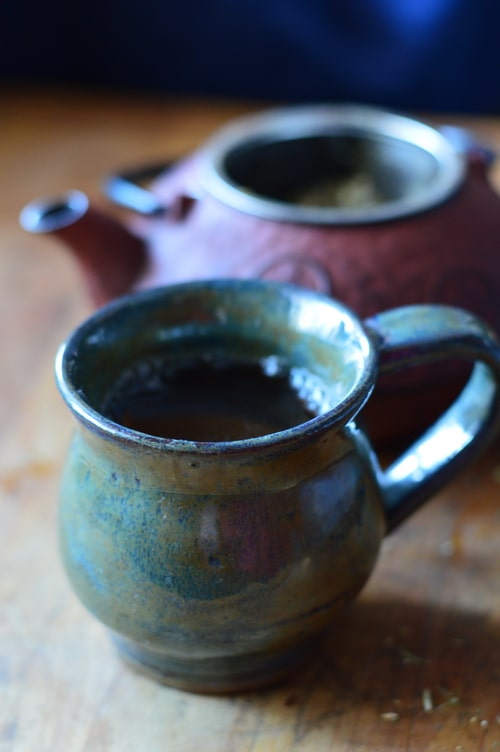Natural Sleep Aids
Some herbs are natural sleep aids. Herbal tea is a great way to use these natural sleep aids to help you or your loved ones get to sleep.
According to a study by the Université Laval, 40% of Canadians suffer from sleep disorders. Only 13% of respondents had consulted a health care professional about their sleep problems, while 9% of Canadians used herbs as natural sleep aids to cope with their insomnia. In the USA, according to the CDC, 40% of Americans suffer from insomnia. According to the National Sleep Foundation, 25% of Americans take prescription medication to help them sleep. Chronic loss of sleep contributes to heart disease, high blood pressure, depression, obesity, and diabetes. Sleep is essential for normal immune system function. It is also important for normal cell repair. Learning difficulties and memory are both affected by lack of adequate sleep.
A Canadian study found that taking drugs to treat insomnia can increase mortality by 30%, so finding alternative means of treatment is beneficial. Sleep medications like prescription hypnotics and benzodiazepines are addicting and have severe side effects.
Those who are chronically sleep-deprived can be helped by a consistent bedtime ritual. Sleep experts recommend:
- Going to bed at the same time every night.
- Getting up at the same time every morning.
- Not eating immediately before bed.
- Avoiding eating a heavy meal before bed.
- Avoiding caffeine, alcohol, and nicotine close to bedtime
- Exercise early in the day, though not close to bedtime
- Learn and practice relaxation techniques regularly
- Don’t obsess about not sleeping
- Take a warm bath with Epsom salts or Dead Sea Salts before bed
- Sleep in the dark, turn off electrical sources of light
- Sleep in a noise-free environment – use a white noise machine if there is ambient noise
- Dim computer screens and reduce light an hour before bedtime
Some herbs are natural sleep aids. The act of making herbal tea slows down the body and the mind. Making herbal tea is a bedtime ritual that can help with insomnia and promote relaxation before bed. What herbs to include, though, can be problematic. Not all herbs work the same way for everyone.
Valerian
You may have heard that Valerian (Valeriana officinalis) was the herb of choice for insomnia. However, Valerian is only effective for some people. About 10% of people find that Valerian actually keeps them awake and makes them hyper-alert. I’m one of those people. Michael Moore in Medicinal plants of the Pacific West explains why valerian works for some and not for others:
“Valerian is a stimulant to digestion, a stimulant to the lungs, and a stimulant to the cardiovascular output. If you are an adrenalin-stressed person, with diminished intestinal tract function, have dilated and dry bronchial rings with shallow, guarded breathing and a rapid thread adrenalin pulse, Valerian stimulates digestive functions, increases the depth and efficiency of respiration, slows and strengthens the pulse, and sedates the brain. It is a tonic sedative. It fits your metabolism. If, on the other hand, if you are an adrenocortical-stress person, with a strong and demanding intestinal tract, good moist lungs, and the cardiovascular excess that accompanies moderate essential hypertension from increased blood volume and sodium retention, then Valerian will stimulate the functions that are already excessive, and leave you with both sedation and physical stimulation – not your herb.” Moore, p. 250
Chamomile
(Matricaria nobile, Matricaria recutita)

More than 1 million cups of chamomile tea are drunk every day. Chamomile use has demonstrated value in the treatment of anxiety, insomnia, in the treatment of cold symptoms, diarrhea, digestive disorders, colic, sore throat, and wound healing.
Only one clinical trial has ever been done on humans using chamomile as a treatment for insomnia, though. In the 2011 pilot study, 34 patients were divided into two groups. One group received a capsule of only 270 grams of chamomile twice daily, while the second group received a placebo. There were no differences in insomnia symptoms reported between the groups, while the chamomile group had better daytime outcomes. The study concluded that the traditional use of chamomile as a sleep aid was unwarranted.
I have a few concerns about this study though. First of all, why would you give someone a sleep aid in the morning? And second why such a small dose – about one capsule, when chamomile extract is usually made with a tsp of the herb, steeped for 20 minutes.
A 2009 study found chamomile effective as an antianxiety aid in an 8 week trial with 57 patients who were diagnosed with mild to moderate generalized anxiety disorder (GAD). However, in this study, the chamomile dosage was increased until a therapeutic dose was found. Some patients required 5 capsules a day. One could conclude that chamomile’s effectiveness as an anti-anxiety agent and sleep aid is dose-dependent.
Both German Chamomile and Roman Chamomile can be used interchangeably for herbal tea. They have similar herbal actions and similar tastes. Chamomile Tea is generally considered safe for pregnant and nursing women.
Lemon Balm
(Melissa officinalis)
Several studies show that Lemon Balm, combined with other relaxing herbs such as chamomile or valerian can promote relaxation, sleep, and reduce anxiety. In another double-blind, placebo-controlled study, 18 healthy volunteers received 2 separate single doses of a standardized lemon balm extract (300 mg and 600 mg) or a placebo for 7 days. The 600 mg dose of lemon balm increased mood and significantly increased calmness and alertness while promoting sleep and relaxation.
Lemon Balm is generally considered safe for pregnant and nursing women.
Passion Flower
Passionflower (Passiflora incarnate) is a native North American woodland plant. It has been used for the treatment of mild insomnia. A double bind study in 2011 tested a weak infusion of Passionflower leaves with a placebo and found that Passionflower was effective in inducing sleep in those with mild insomnia. Passionflower may be an effective natural sleep aid for some people.
Cautions: Passionflower should not be consumed by pregnant and nursing women. If you are on prescription medications, talk to your doctor before consuming Passionflower tea. Avoid driving or operating heavy machinery, if you feel sleepy after taking Passionflower.
Bedtime Ritual Tea
1 part chamomile flowers
1 part lemon balm
1 part passionflowers (optional)
Place 1 to 2 tsp of the herbs in the basket of a mesh strainer insert, in a teapot. Pour boiling water over the strainer. Steep the tea in a covered teapot for 20 minutes. Drink warm with a little honey to sweeten, if desired.
Best if used regularly as part of a bedtime ritual that includes relaxation behaviours.
Enjoy!
Disclaimer: If you are currently taking prescription medicine for a sleep disorder or anxiety, please consult with your medical professional before using herbs. Some herbs will interact with prescription drugs. This post is for educational and informational purposes only and is not meant to diagnose, or treat any disease.
Learn more about using herbs for health and wellness from my Book

Homegrown Healing From Seed to Apothecary
My book Homegrown Healing From Seed to Apothecary will help you grow healing herbs in your own garden. Focusing on the easiest plants for beginners to grow, Homegrown Healing From Seed to Apothecary covers 30 plants, recommended by professional herbalists, that can be grown in the temperate zone. Initial garden preparation, garden design and harvesting tips lead the novice herbalist into early success. Choose which herbs to grow, learn how to use these herbs for your family’s health and wellness using the guidance in my book. You can find out more about this useful guide to growing more herbs and using them strategically here.






We use Passionflower for our herbal sleep tea too – but we mix one part Passionflower, one part Lavender, and one part Rooibos.
This gives us a good sleep tea 🙂